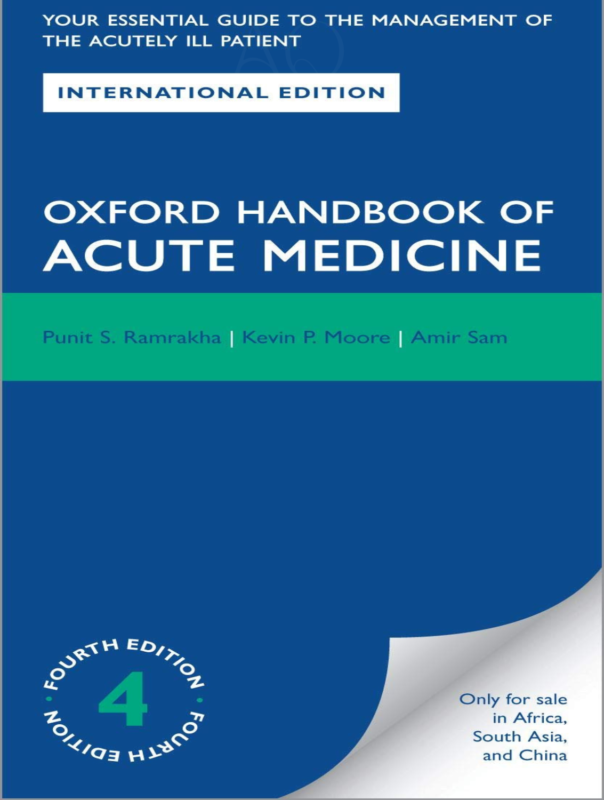Blog
MyBooksjoint : The Ultimate Guide to Bulk Buying: Tips, Benefits, and Best Practices
Bulk buying is a strategy many individuals and organizations use to save money and streamline their purchasing processes. Whether you're stocking up on office supplies, purchasing books for a library, or buying products for a large event, bulk buying can offer significant advantages. In this guide, we'll explore the benefits of bulk buying, tips for making smart bulk purchases, and best practices to ensure you get the most out of your investment.
Benefits of Bulk Buying
Cost Savings: One of the primary reasons to buy in bulk is the potential for substantial cost savings. Buying larger quantities often comes with discounted prices per unit, which can add up to significant savings over time. For instance, purchasing a case of items instead of individual units can reduce the cost per item by as much as 20% to 30%.
Reduced Packaging Waste: Bulk buying typically involves less packaging compared to purchasing multiple individual items. This can lead to a reduction in packaging waste and contribute to a more sustainable purchasing approach.

Convenience: Buying in bulk means fewer trips to the store or repeated online orders. This can save time and reduce the hassle of frequent reordering, especially for essential items that are used regularly.
Better Inventory Management: For businesses and organizations, bulk buying helps maintain a steady inventory and ensures that you have the necessary supplies on hand. This can prevent stockouts and reduce the need for urgent, last-minute purchases.
Tips for Smart Bulk Buying

Assess Your Needs: Before making a bulk purchase, evaluate how much of the product you need and how often you’ll use it. This will help you avoid overbuying items that may expire or become obsolete before you can use them.
Compare bulk prices with regular prices to ensure you’re getting a good deal. Be sure to factor in any additional costs, such as shipping fees or storage expenses.
Check Quality: Ensure that the products you're buying in bulk are of high quality. Sometimes, bulk items might be less expensive because they are lower quality, so it's important to verify the product standards.
Store Properly: Proper storage is crucial when buying in bulk. Ensure you have adequate space to store your bulk purchases in a way that prevents damage or spoilage.

Best Practices for Bulk Buying
Join a Buying Group: Consider joining a buying group or cooperative to leverage collective purchasing power. This can help you access better discounts and terms.
Look for Deals and Promotions: Keep an eye out for special deals, promotions, or clearance sales that can further enhance your savings when buying in bulk.
Monitor Inventory Levels: Regularly monitor your inventory levels to avoid running out of essential items and to manage stock effectively.
Conclusion
Bulk buying can be a smart strategy for saving money and improving efficiency, whether for personal use or business needs. By following the tips and best practices outlined in this guide, you can make informed bulk purchases that offer both cost savings and convenience. Embrace bulk buying to streamline your shopping experience and enjoy the benefits of smarter purchasing decisions.


